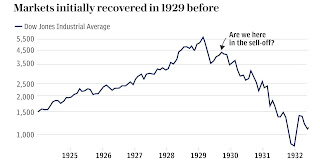Hans senaste opus handlar om så skilda ting som Lenin, Alexander Kerensky, Viktor Orban, Modern Monetary Theory och Joe Biden. - In March 1917, Vladimir Lenin was living in Zurich, in smelly rooms rented from a shoemaker, spending his days in the library. When a neighbour told him there had been a revolution in Russia, he could hardly believe it. - In October the Bolsheviks seized the Winter Palace. Nothing about their triumph was historically inevitable. Alexander Kerensky, head of the provisional liberal government, who would die almost forgotten in New York in 1970, might have prevailed. - Hungary’s Viktor Orban is currently ruling by decree, though the government now says those powers will lapse on June 20. - Most governments still deny that they can print money with impunity, as advocated by modern monetary theory, but what matters is that they are doing it. - Nobody would call Biden an ideas person steeped in libraries, but his campaign is listening to people who are


